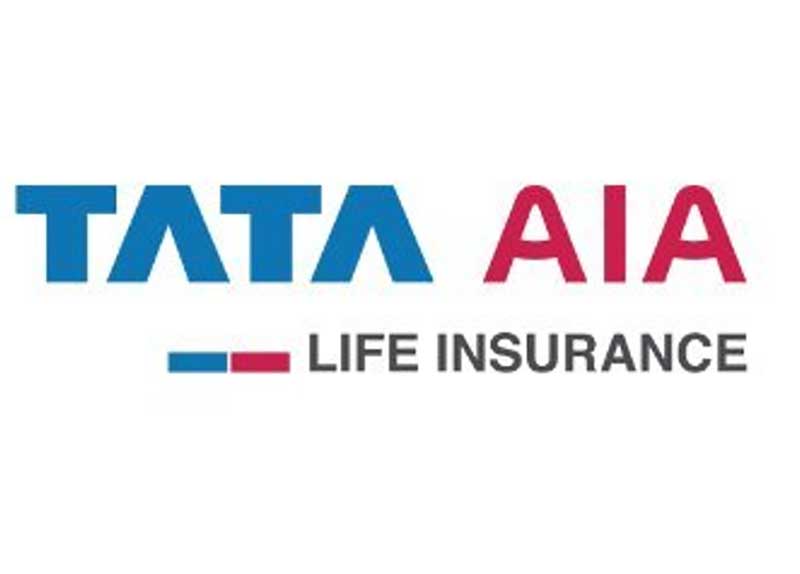 Financial planning | Women
Financial planning | Women
Most Indian women still depend on the ‘man of the house’ for financial planning decisions: Tata AIA’s survey
Indian women still shy away from making independent financial decisions and rely on the ‘man of the house’ when it comes to making financial decisions, although 44% of respondents prefer to make their own financial decisions when they have the option to do so, reveals a Tata AIA’s survey.
The survey focusing on financial awareness among women shows that 89 percent of married women depend on their spouses for financial planning.
Before marriage, a father is responsible for the financial decisions of a woman, which then is tacitly passed on to the husband, post marriage.
The survey also indicated that since the average age of women getting married is 20-22 years, they do not have the liberty of deciding about their finances.
Thus, marriage is one of the foremost deterrent factors in impeding the independence in financial decision-making for women.
For 39% of the women covered in the survey, financial planning is restricted to planning the monthly budget.
Of 42% of the women who have a better understanding of financial planning, only 12% are homemakers.
According to the survey findings, for most women being financially independent does not necessarily mean they have the freedom to make their finance-related decisions.
Among the working women, 59% do not independently take decisions on their finances.
The ratio is higher in tier 3 markets, where 65% of working women do not take independent financial decisions.
"This behaviour is despite the intense narrative of women empowerment and gender equality that has been extensively deliberated over the decades. Laws against women have also been strengthened, and a positive shift has taken place over the years regarding the position of women in society. Yet when it comes to financial planning, women do not get to call the shots," the survey noted.
Given a choice, however, 44% of women are willing to make their own financial decisions.
Encouragingly, in tier-2 markets, women are warming up to the idea of making their own financial decisions.
Increased awareness of their rights and a general lifestyle upgrade could contribute to this change.
When asked about priorities, the survey revealed that women prioritise their family’s financial security over themselves.
Among the various financial instruments, 62% of the women are more comfortable investing in Bank FDs for the benefit of their families.
However, when asked about a preference for themselves, they trusted their spouse’s decision.
As many as 72% of women believe life insurance is integral to their financial planning post-Covid-19.
The respondents from tier-3 cities feel more strongly about this. A savings plan was the most preferred among life insurance products, followed by term insurance. Pension plans and ULIPs are the least preferred options.
However, when clearly explained about the different types of life insurance policies, women preferred ULIPs and term insurance solutions.
Seventy-five percent of the respondents said ‘Trust’ is essential and would invest in a company they can trust.
A detailed understanding of the product is another vital factor in the purchase decision apart from online channels and social media reviews.
Further, women are willing to invest in life insurance solutions but expect to pay a lower premium.
They also seek guaranteed income through the policy.
Commenting on survey findings, Girish Kalra, Chief Marketing Officer, commented, “Understanding our consumers is a critical component of our Consumer Obsession value. Women are an important stakeholder when it comes to financial planning, however very little is known about their preferences and attitude from a financial planning and life insurance perspective.
"This survey clearly reveals that we have a journey to travel as a society, to involve women more in the financial planning process. At Tata AIA, we will utilize the learning from the survey to introduce women-centric solutions and encourage them to take control of their finances and necessary measures to ensure their own and their family’s financial future.”
Tata AIA Life commissioned the survey to specialized brand research firm eRusaem to gauge the financial awareness amongst women and the freedom to make their own decisions.
The study was administered to a total sample size of 1000 respondents between the age group of 25-55 years across 18 main cities in India, spanning Metros, Tier 1 & Tier 2 markets.
Support Our Journalism
We cannot do without you.. your contribution supports unbiased journalism
IBNS is not driven by any ism- not wokeism, not racism, not skewed secularism, not hyper right-wing or left liberal ideals, nor by any hardline religious beliefs or hyper nationalism. We want to serve you good old objective news, as they are. We do not judge or preach. We let people decide for themselves. We only try to present factual and well-sourced news.







